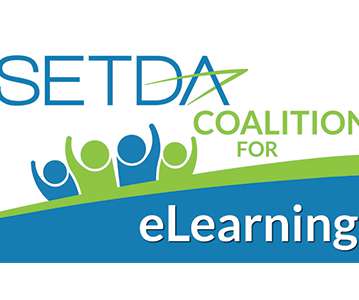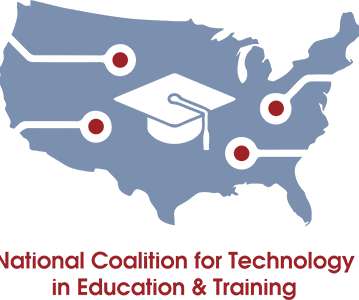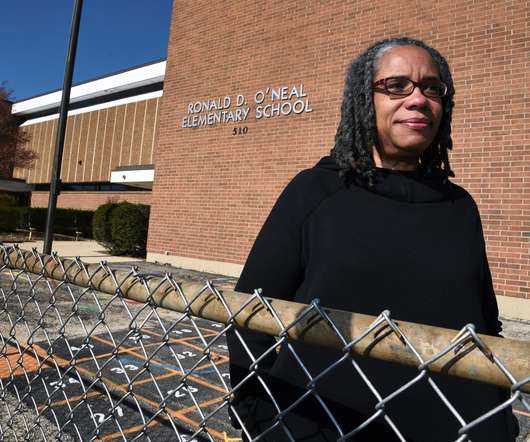U.S. K-12 Educational Technology Policy: Historical Notes on the Federal Role
Doug Levin
APRIL 21, 2016
” This letter marked the launch of the implementation of the first federal program dedicated to ensuring universal access to information and communications technology for improved teaching and learning in the nation’s schools. “ FY 2008 $267,500,000 (President Bush’s request: $0). Here’s the U.S.




























Let's personalize your content